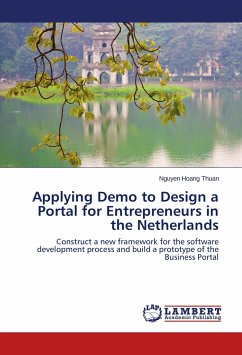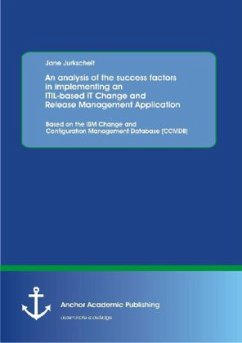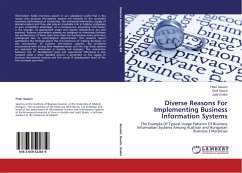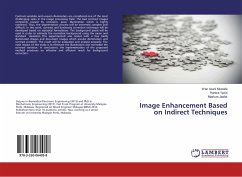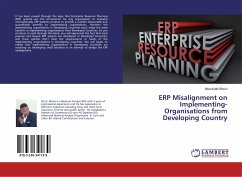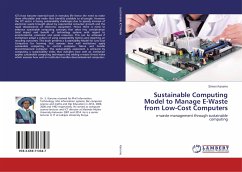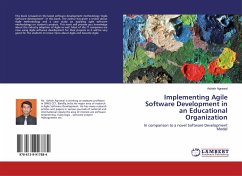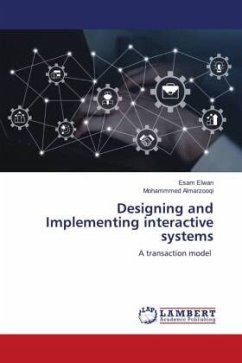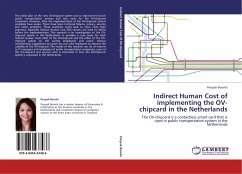
Indirect Human Cost of implementing the OV-chipcard in the Netherlands
The OV-chipcard is a contactless smart card that is used in public transportation system in the Netherlands
Versandkostenfrei!
Versandfertig in 6-10 Tagen
39,99 €
inkl. MwSt.

PAYBACK Punkte
20 °P sammeln!
The initial plan of the new OV-chipcard system was to improve the Dutch public transportation services and save costs for the OV-chipcard companies. However, after the implementation of the OV-chipcard several problems have arisen. There have been technical failures, privacy, security and other problems. These problems could lead to more costs than expected. Especially Indirect Human Cost (IHC) drivers are hard to define before the implementation. This research is an investigation of the OV-chipcard system in the Netherlands. It provides a case study for both Indirect Human Costs (IHC) of the ...
The initial plan of the new OV-chipcard system was to improve the Dutch public transportation services and save costs for the OV-chipcard companies. However, after the implementation of the OV-chipcard several problems have arisen. There have been technical failures, privacy, security and other problems. These problems could lead to more costs than expected. Especially Indirect Human Cost (IHC) drivers are hard to define before the implementation. This research is an investigation of the OV-chipcard system in the Netherlands. It provides a case study for both Indirect Human Costs (IHC) of the OV-chipcard and the effect of the OV-chipcard system on the society (employees and users). Various miscellaneous suggestions are given by users and employees to improve the usability of the OV-chipcard. The results of this research can be of interest to IT managers and employees of public transportation companies, users of the OV-chipcard and anyone who is interested in how the OV-chipcard system is organized in the Netherlands.



